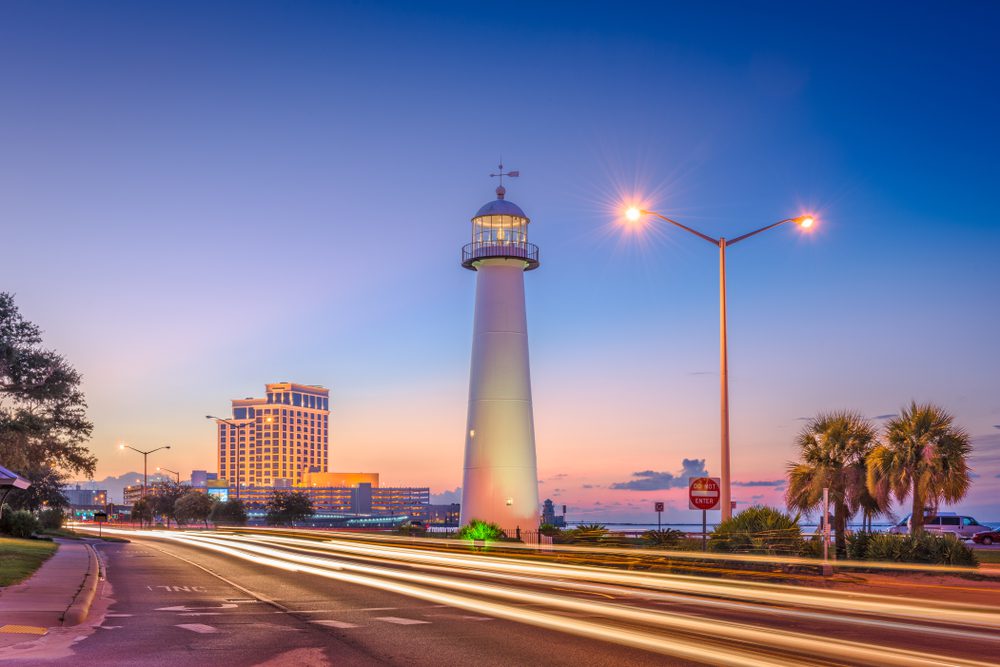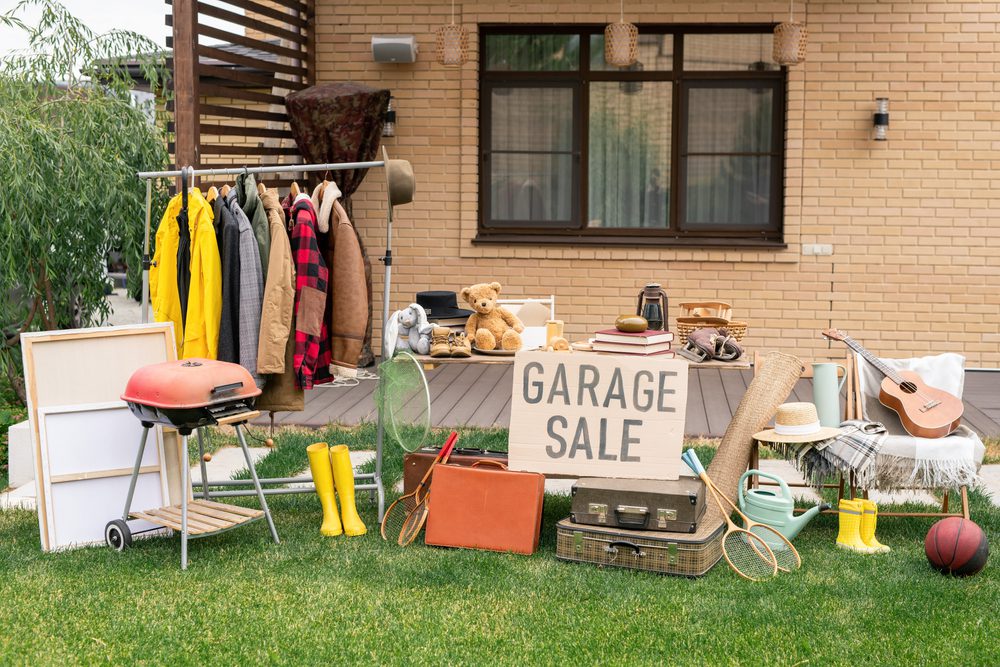
Beware of overdraft fees
Banks LOVE overdraft fees! Many of them will allow you to withdraw more cash than you have in your account at the ATM. But don’t you worry: they’ll charge you an arm and a leg for that privilege.
In fact, tellers have seen over $600 in overdraft fees ALONE on a single $20 overdraft tab! And the sad truth is that banks encourage this. They literally make their rules around it. Know this: Every DAY you’re in the red, some banks will charge you.
Managers will even tell new employees: “Do NOT waive overdraft fees. We like it when they overdraft.” Employees say that there are so many scams happening at banks it would make your head spin!
You don’t necessarily get the advertised rate
One of the many schemes banks play on their customers is the rate they advertise on tv, online, and in newspapers. Lenders aren’t always required to give you the rate that’s advertised just because you apply.
They might only be required to offer that rate to a specific percentage of consumers who get approved, with the rest being offered a more pricey deal.









